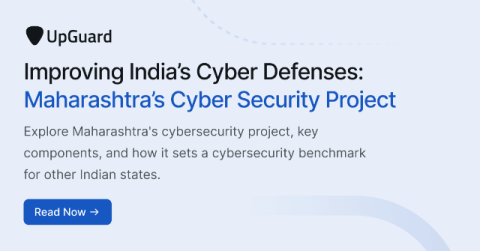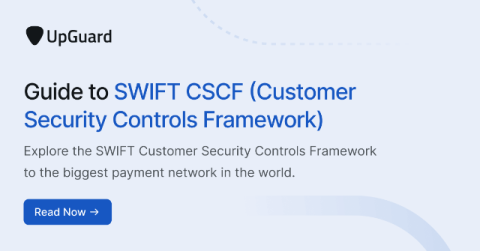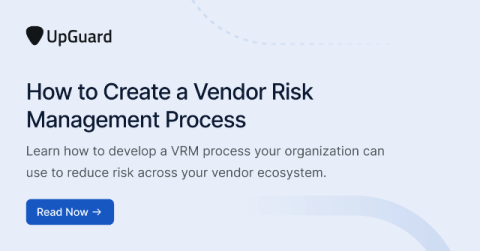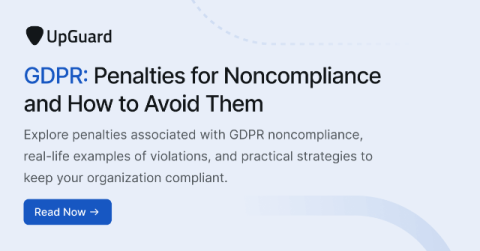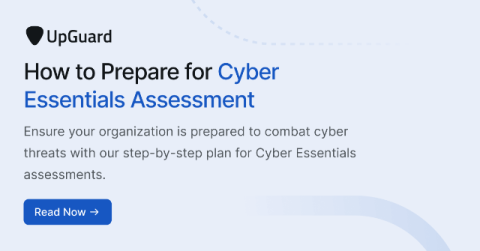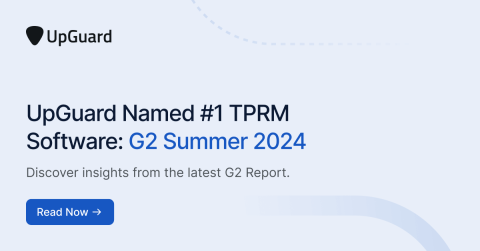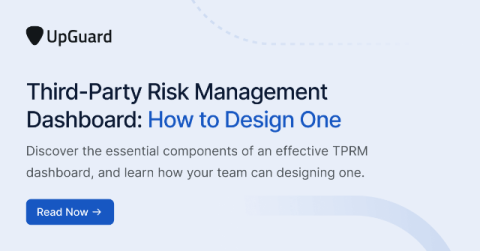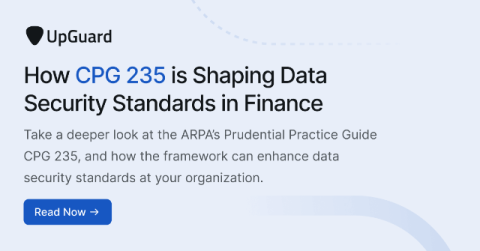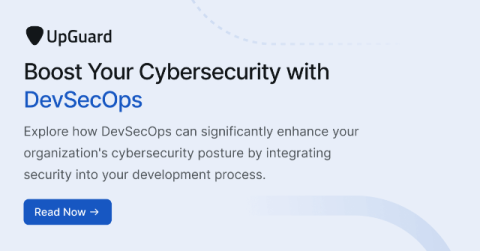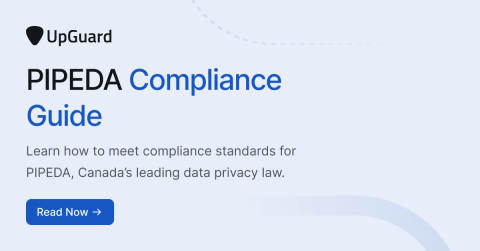Improving India's Cyber Defenses: Maharashtra's Cyber Security Project
In an era when digital transformation is reshaping economies and societies, the threat of cybercrime has become a significant concern. India, with its growing digital ecosystem, is particularly vulnerable to a wide range of cyber threats. In response to these challenges, the state of Maharashtra launched an ambitious initiative - the Maharashtra Cyber Security Project.


